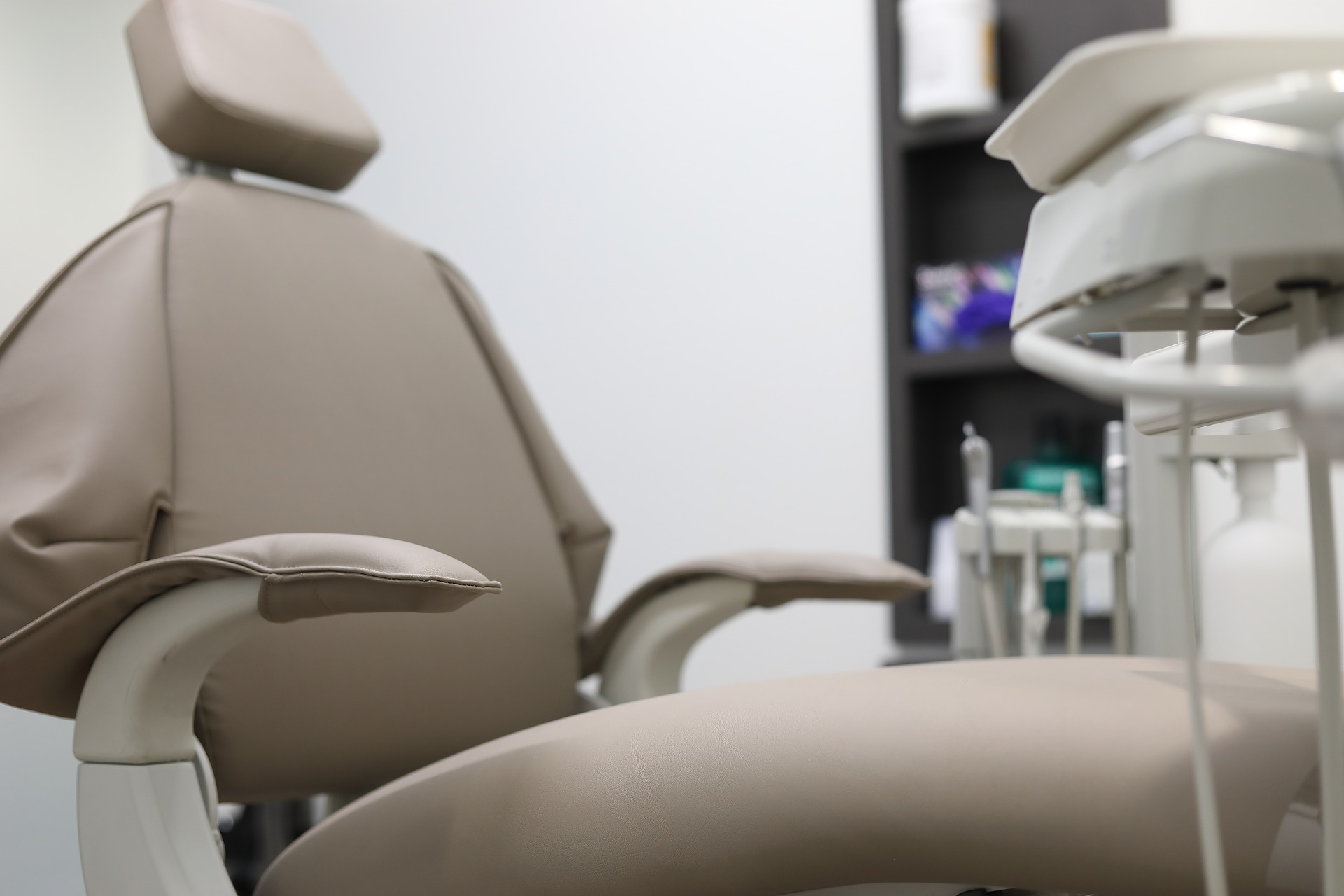Infertility is very common than we think and. Close to 50 percent of couples all over the world experience infertility at one point in their lifetime. Infertility has become much more common in 2nd pregnancy than in the 1st one.
The main reason for this is age. As men and women age, their fertility health tends to deteriorate. Hence it is very important to understand one’s fertility health and fertility facts while you plan and postpone your parenthood goals. You don’t want to make a decision that may affect you negatively in the future.
Get Fertility Test Before Marriage:
Most of us are not aware of the fertility factor nor how it is affecting us. You may blame your partner for being infertile yet the problem is with you. One way to evaluate this is to get a fertility test done. But how many of us are so comfortable getting a fertility test done before marriage. This is something we should start thinking about. Don’t wait until you are unable to get a baby during marriage before you can decide to go for a fertility test. Understand your reproductive health from the onset so that you can start preparing in good time.
The Fertility Factor and Age:
The fertility factor varies from person to person. So there is no one size fits for. If someone is telling you that all men will be fertile until the age of 40, please do not believe that. I have seen men who are as old as 80 years making women pregnant. Your biological clock is different from the other person’s. It also depends on how well you have taken care of your health. Take good care of your health if you want to be fertile for long.
During my visit to one of the IVF centers in Mumbai, I learned that the average age of people affected by infertility is between 27 – 35 and hence it is not only a factor of age. While studying this phenomenon deeper, I found that there are multiple things involved. Let me discuss some of these factors below even though I have already mentioned some of the above.
Factors That Influence Fertility:
Habits and lifestyle are the core issues that affect the fertility of any human being. Sleeping habits, how we eat, and to a certain extent how we live. Make sure you get enough sleep at night so as not to affect the normal functionality of your body system. Straining the body too much can even affect the functionality of the reproductive system. Get enough rest and exercise your body from time to time so as to keep fit.
Most of us here are affected by the westernized phenomenon of eating fast foods or processed foods. These foods contain chemicals that can kick our fertility out. Drinking and smoking are on a rise.
Peer pressure and society are to blame. Avoid eating junk food and instead, stick to a healthy diet.
Movies show such behaviors to be cool and our generation grasp it very keenly. This kind of lifestyle is leading to an increase in obese cases and thyroid patients are on a high. Women are more prone to PCOD/PCOS, fibroids, ovarian cysts, and endometriosis due to such an unhealthy lifestyle. Female infertility treatment is something that has become one of the most searched terms on the internet.
Summary:
Concluding the topic, it is very important to understand that our body is made to withstand only a certain level of exposure to toxins and after that, it starts losing its nature. Hence please do understand this and get yourself a fertility quotient test done when you feel it is essential for you to know yourself better and plan things ahead.
Read Also :
























